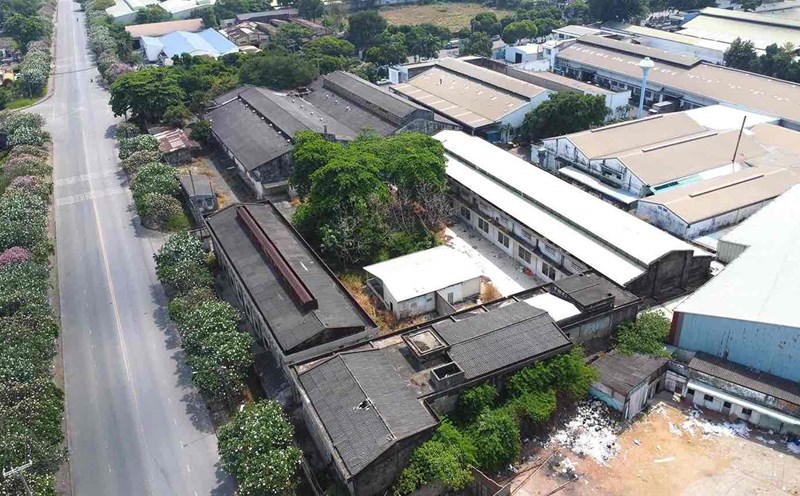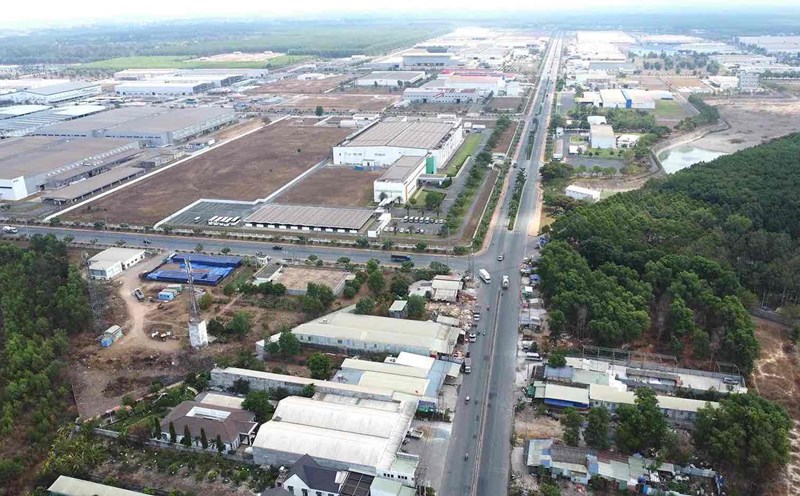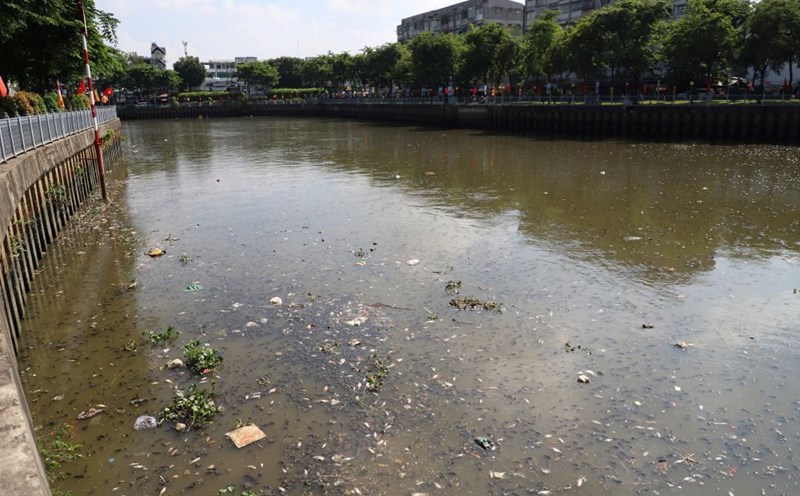On May 1, the Department of Agriculture and Environment announced the first phase of air quality in 2025 in the province.
Accordingly, the results of monitoring the surrounding air environment in 29 industrial parks (with 60 locations) in the 1/2025 period showed that the values of SO2, NO2, CO, and noise parameters meet the permitted standards.
2/29 industrial parks (Song May Industrial Park, Tin Nghia Logistics Industrial Park) were discovered to have dust content exceeding the permitted standards. Of which, the highest pollution detection frequency in Song May Industrial Park is 4/8 samples that do not meet permitted standards, exceeding 1.05 - 1.39 times. The reason is that Song May Industrial Park has many companies generating dust such as animal feed processing, processing industry, consumer goods processing to food production, garment, footwear, packaging, plastic products and the high traffic volume on DT 767 route (the main route leading to Song May Industrial Park)... leading to the release of dust into the air.
Also in the first phase of 2025, the Department of Agriculture and Environment implemented monitoring in 16 industrial clusters, the monitoring results showed that SO2, NO2, CO, noise in all positions met the permitted standards; Detecting 3 industrial clusters with TSP dust content exceeding the permitted standard from 1.04 - 1.53 times. In particular, the highest surpassing TSP dust content in Ho Nai 3 Construction Materials Industrial Cluster, this is the area of raw materials and soil, which leads to the spread of dust content into the air, this is a regular area to detect dust pollution.
The Department of Agriculture and Environment recommends that the Industrial Park Management Board require investors in industrial park infrastructure business to maintain measures to control the number of vehicles entering and leaving industrial parks, clean up roads in industrial parks and add green areas around industrial parks to minimize dust generation affecting the surrounding air environment.
The People's Committees of districts and cities direct relevant units to continue monitoring and supervising the activities of industrial clusters under their management, taking measures to reduce dust arising during operation, enhance hygiene of traffic routes and regulate vehicles to reduce dust content in the air, ensure people's health...











